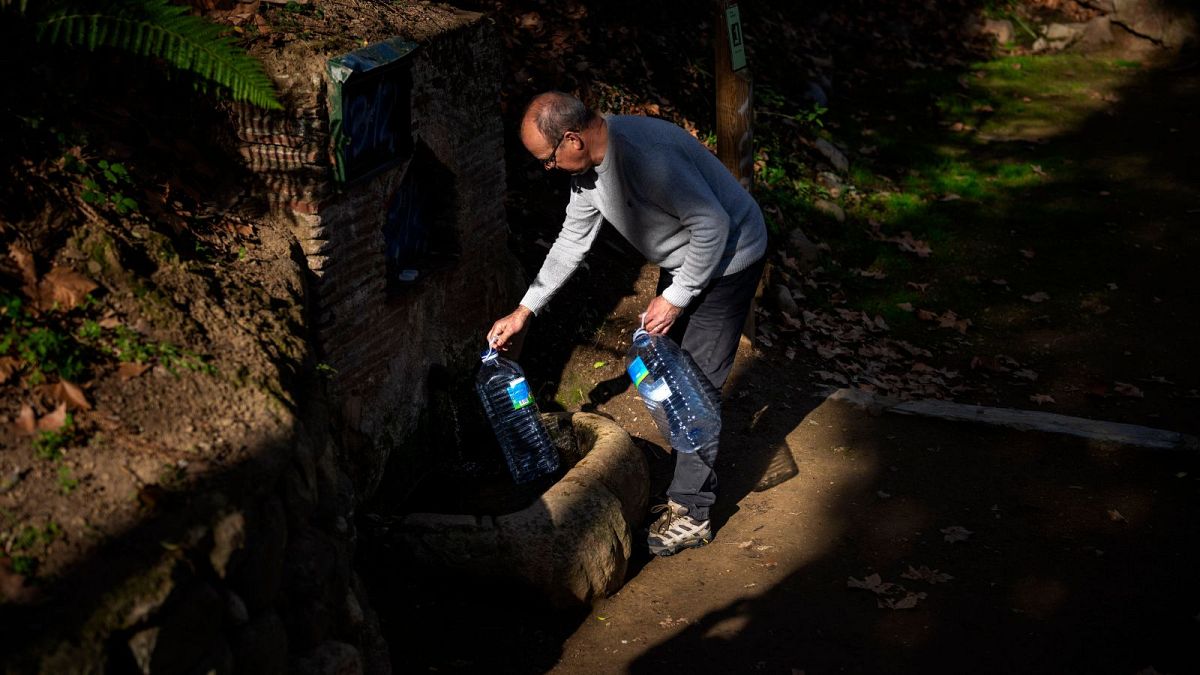

In recent years, the Mediterranean region has become a focal point for understanding the far-reaching impacts of climate change. As temperatures rise globally, countries such as Spain, Morocco, Türkiye, and Greece are experiencing first-hand the socio-economic and environmental challenges posed by prolonged periods of drought, heatwaves, and wildfires. Experts describe these nations as the “canaries in the coal mine” for drought impacts, highlighting their invaluable role in shaping future responses to climate-related adversities across Europe and beyond.
The Mediterranean’s climate dilemma is multifaceted, encompassing social, economic, and environmental dimensions. A landmark survey underscored how drought, typically seen as a weather event, can evolve into a significant emergency, affecting agricultural productivity, water resources, and the well-being of local communities. These insights echo along the sun-soaked coasts of Spain, Morocco, and Türkiye as they strive to balance human needs with conservation efforts.
The implications of climate change in the region extend into the lives of workers, exacerbating health risks during heatwaves. The European Trade Union Confederation has reported a 42% increase in heat-related workplace deaths across the EU since 2000. This alarming statistic has spurred calls for uniform regulations to safeguard the health of employees exposed to extreme temperatures, ensuring their safety even as the mercury rises.
Meanwhile, wildfires present another grave challenge, particularly for Greece and Türkiye, where firefighters are currently engaged in relentless battles against blazes threatening both lives and livelihoods. Recent reports detail evacuations from the mainland and islands of Greece, where intense fires near Athens and on Crete have prompted thousands to abandon homes and vacation resorts for safer grounds. The urgency of these evacuations underlines the critical nature of coordinated emergency responses in the face of natural disasters exacerbated by climate change.
Europe, as a whole, is experiencing a sharp upsurge in temperatures, warming at twice the rate of the global average since the 1980s, as per the Copernicus Climate Change Service. This rapid rise has translated into profound economic setbacks, particularly for countries like Germany, Italy, France, and Spain, which have borne the brunt of climate-related financial losses in the 21st century. As heatwaves continue to make their mark, these nations are at the forefront of adapting economic structures to withstand environmental shifts while fostering sustainable development.
Looking ahead, the Mediterranean countries’ experiences offer valuable lessons for the global community about resilience and adaptation. As they navigate the intricacies of climate change, their stories of perseverance, resourcefulness, and collaboration shine through, providing a calming reminder of humanity’s ability to unite in the face of shared challenges.
In conclusion, the proactive measures and adaptive strategies being developed and implemented by Mediterranean nations serve as peaceful beacons for regions worldwide contending with similar climate challenges. By fostering dialogue and collaboration, these countries contribute to a global tapestry of knowledge that empowers societies to approach climate-induced trials with grace and a shared sense of purpose.
Source: {link}
